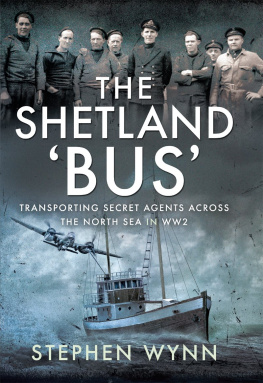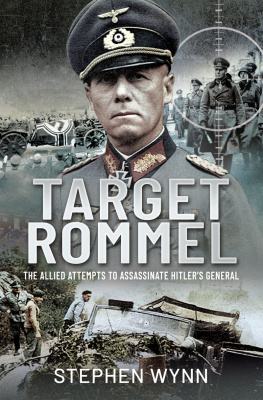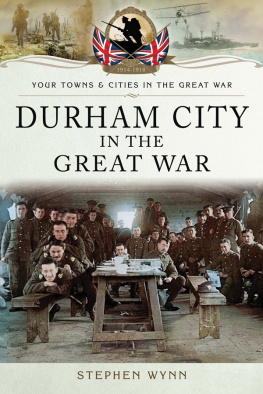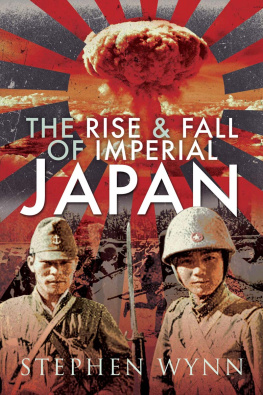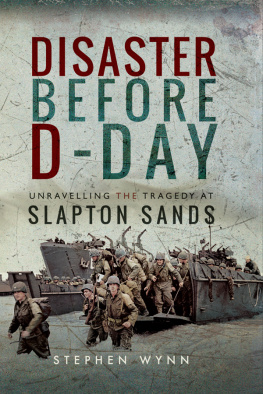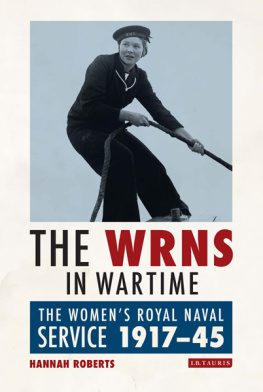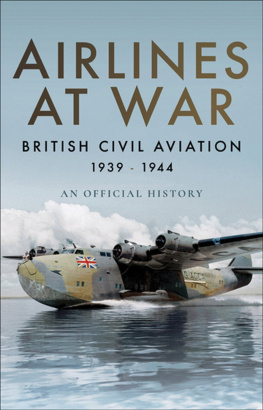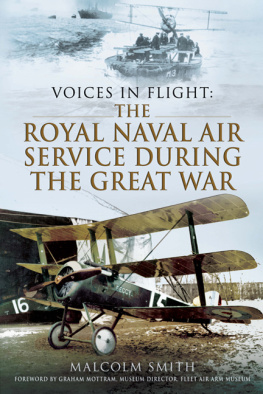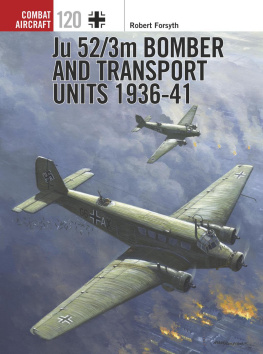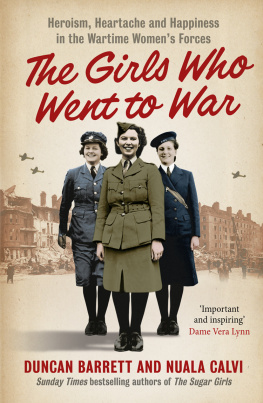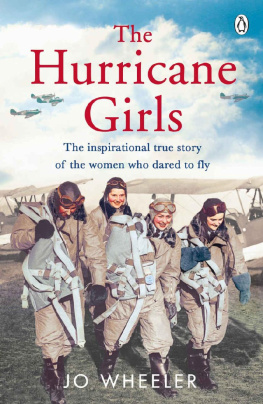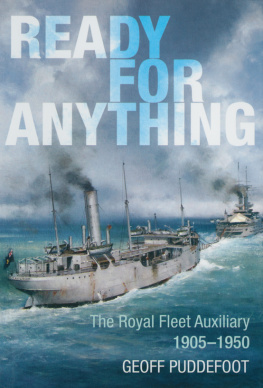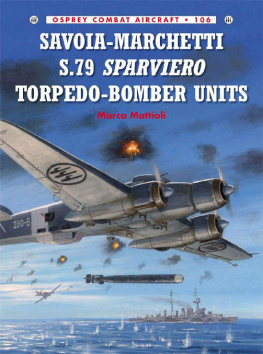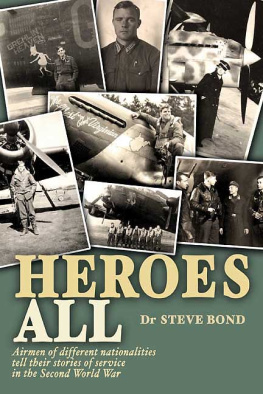AIR TRANSPORT AUXILIARY AT WAR
80TH ANNIVERSARY OF ITS FORMATION
AIR TRANSPORT AUXILIARY AT WAR
80TH ANNIVERSARY OF ITS FORMATION
Stephen Wynn
First published in Great Britain in 2021 by
Pen & Sword Frontline
An imprint of
Pen & Sword Books Ltd
Yorkshire Philadelphia
Copyright Stephen Wynn 2021
ISBN 978 1 52672 6 049
eISBN 978 1 52672 6 056
mobi ISBN 978 1 52672 6 063
The right of Stephen Wynn to be identified as Author of this work has been asserted by him in accordance with the Copyright, Designs and Patents Act 1988.
A CIP catalogue entry for this book is available from the British Library.
All rights reserved. No part of this book may be reproduced or transmitted in any form or by any means, electronic or mechanical including photocopying, recording or by any information storage and retrieval system, without permission from the Publisher in writing.
Pen & Sword Books Ltd includes the Imprints of Atlas, Archaeology, Aviation, Discovery, Family History, Fiction, History, Maritime, Military, Military Classics, Politics, Select, Airworld, Frontline Publishing, Leo Cooper, Remember When, Seaforth Publishing, The Praetorian Press, Wharncliffe Local History, Wharncliffe Transport, Wharncliffe True Crime and White Owl.
For a complete list of Pen & Sword titles please contact
PEN & SWORD BOOKS LTD
47 Church Street, Barnsley, South Yorkshire, S70 2AS, England
E-mail:
Website: www.pen-and-sword.co.uk
or
PEN AND SWORD BOOKS
1950 Lawrence Rd, Havertown, PA 19083, USA
E-mail:
Website: www.penandswordbooks.com
About the Author
Stephen is a happily retired police officer having served with Essex Police as a constable for thirty years between 1983 and 2013. He is married to Tanya who is also his best friend.
Both his sons, Luke and Ross, were members of the armed forces, collectively serving five tours in Afghanistan between 2008 and 2013. Both were injured on their first tours. This led to his first book, Two Sons in a Warzone Afghanistan: The True Story of a Fathers Conflict , which was published in October 2010.
He also has a teenage daughter, Aimee. Both his grandfathers served in and survived the First World War, one with the Royal Irish Rifles, the other in the Merchant Marine, whilst his father was a member of the Royal Army Ordnance Corps during and after the Second World War.
Stephen collaborated with one of his writing partners, Ken Porter, on a previous book, published in August 2012, German POW Camp 266 Langdon Hills. It spent six weeks as the number one best-selling book in Waterstones, Basildon, between March and April 2013. They have also collaborated on four books in the Towns & Cities in the Great War series by Pen and Sword. Stephen has written other titles for the same series of books and, in February 2017, his book The Surrender of Singapore Three Years of Hell 1942-45 was published. This was followed in March 2018 by Against All Odds: Walter Tull the Black Lieutenant . October 2018 saw the publication of Animals in the Great War ; in January 2019 A History of the Royal Hospital Chelsea 1682-2017 The Warriors Repose was published. These last two books were written with his wife, Tanya.
Stephen has co-written three crime thrillers which were published between 2010 and 2012 and centre around a fictional detective named Terry Danvers.
When he is not writing, Tanya and he enjoy the simplicity of going out for a coffee and walking their four German Shepherd dogs early each morning when most sensible people are still fast asleep in their beds.
Jordan Hemmingway, many thanks for leaving your little lights everywhere that you go, they helped me write long into the night. This ones for you.
Introduction
Flying was still in its relative infancy at the outbreak of the Second World War, and it was most certainly only a pastime for the very rich, which made it even more inaccessible for the majority of the public to be able to afford. The man in the street had neither the time nor the money to learn how to fly an aircraft. There would have also been those who would not readily have had the aptitude for it.
The men and women from numerous professions, and from different levels of the middle and upper classes of society, who became members of the Air Transport Auxiliary did so voluntarily. None of them were suitable for service with the Royal Air Force, either because of medical conditions or being simply too old to be considered for wartime military service. Some were thrill-seekers who just had a thing for speed, whether that was racing cars or motorbikes, speedboats in the sea, or private civilian aircraft in the air. The one thing that they all had in common was the desire to do their bit for the country in its hour of need.
It wasnt just British men and women who enlisted. There were men and women from America, Canada, New Zealand, Australia and Poland.
This book looks at the men and women who served in the Air Transport Auxiliary. This includes some of the more well-known individuals as well as some not so well known who served throughout the years of the war. As in all sections of society, groups are made up of numerous individuals who all have a story to tell in one way, shape or form. This includes the guy who had lost one of his arms in a flying accident that was so bad, quite frankly, I find it hard to comprehend how he actually survived the crash, so serious was his list of numerous injuries.
Those who died whilst in the service of the Air Transport Auxiliary are commemorated at a number of different locations around the country, including airfields at Hamble, Ratcliffe, Ringway, Whitchurch and White Waltham. There is also another memorial to them in the crypt area at St Pauls Cathedral in the City of London.
In September 2008, at a ceremony at 10 Downing Street, London, all the surviving veterans of the Air Transport Auxiliary were awarded a special Veterans Badge by the then Prime Minister, Gordon Brown.
The men and women of the Air Transport Auxiliary did an outstanding job even more so those who were not British but who still wanted to do their bit for the Allied war effort regardless. The Royal Air Force needed pilots to fly bomber aircraft, fighters, transports, as well as those who worked in a training capacity, and those who were in training or on the injured list. So not having to provide the hundreds of ferry pilots needed to move military aircraft all over the country and beyond, was a massive help to the nations war effort.
Chapter One
Air Transport Auxiliary
The Air Transport Auxiliary (ATA) that was founded at the beginning of the Second World War was a civilian organization that was staffed by both men and women. These brave individuals made an enormous contribution to the Allied war effort by collecting new aircraft from the factories where they were made, or damaged and repaired aircraft to and from maintenance units, before flying them for the Royal Air Force and Royal Navy to military aerodromes and front-line squadrons all over the country and sometimes abroad, but not to aircraft carriers. They also flew service personnel on urgent duty from one place to another and performed work as air ambulance units.



